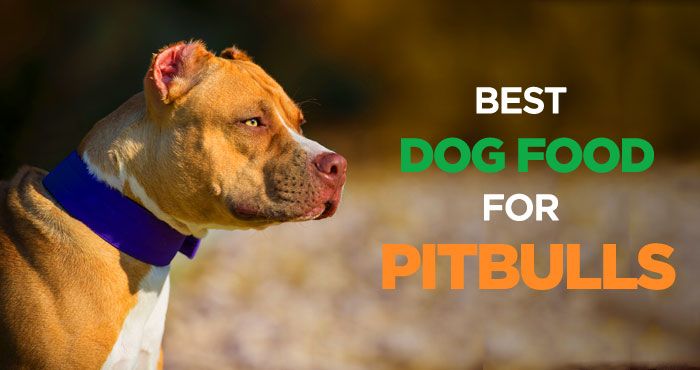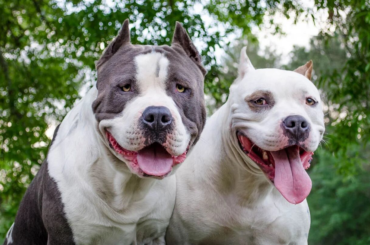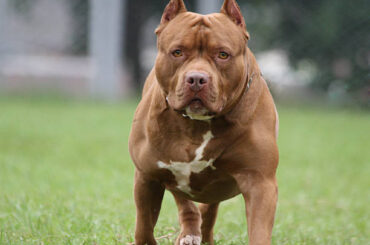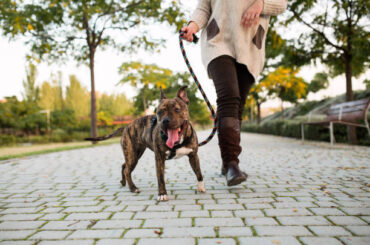The best diet for a Pitbull, like any other dog, depends on various factors including age, health, activity level, and individual preferences. However, here are general guidelines to help you provide a balanced and nutritious diet for your Pitbull:
1. High-Quality Commercial Dog Food:
- Choose a high-quality commercial dog food that is specifically formulated for medium to large breeds. Look for options with a meat source listed as the first ingredient, and avoid products with excessive fillers or artificial additives.
2. Protein-Rich Diet:
- Pitbulls are known for their muscle mass, so a protein-rich diet is essential. Look for dog foods that contain a good balance of animal-based proteins, such as chicken, beef, or fish.
3. Balanced Nutrients:
- Ensure the dog food provides a balanced mix of essential nutrients, including proteins, fats, carbohydrates, vitamins, and minerals. These are vital for your Pitbull’s overall health, energy, and immune system.
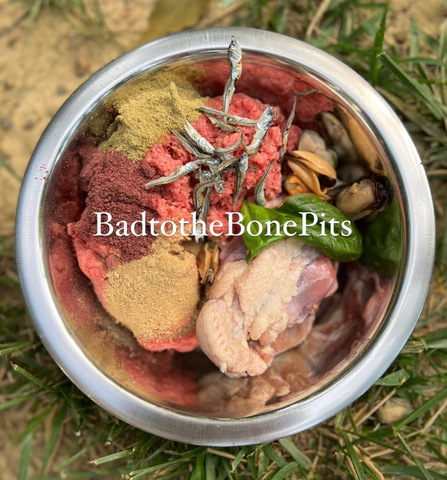
4. Moderate Fat Content:
- Opt for a dog food with a moderate fat content. Healthy fats, such as those from sources like fish oil, can contribute to a shiny coat and support cognitive function.
5. Whole Grains and Vegetables:
- Look for dog foods that include whole grains and vegetables for a good source of fiber, vitamins, and minerals. Whole grains like brown rice or oats can provide sustained energy.
6. Avoid Fillers:
- Avoid dog foods with excessive fillers like corn, soy, and wheat. These ingredients may contribute to allergies and sensitivities in some dogs.
7. Consider Breed-Specific Formulas:
- Some dog food brands offer breed-specific formulas that cater to the unique nutritional needs of certain breeds, including Pitbulls. These formulas may contain ingredients tailored to support their muscle development and overall health.
8. Portion Control:
- Pay attention to portion control to prevent overfeeding and obesity. Follow the feeding guidelines on the dog food packaging, but adjust based on your Pitbull’s individual needs, including age, activity level, and metabolism.
9. Fresh Water:
- Always provide access to fresh, clean water. Proper hydration is crucial for your Pitbull’s overall health and well-being.
10. Regular Veterinary Check-ups:
- Schedule regular check-ups with your veterinarian. They can assess your Pitbull’s health and provide guidance on dietary adjustments if needed.
11. Avoid Table Scraps:
- Minimize or avoid feeding table scraps. Human food can be high in fat, salt, or other ingredients that may be harmful to dogs.
12. Raw Food Diet Consideration:
- Some dog owners opt for raw food diets. If considering this, consult with your veterinarian to ensure it is nutritionally balanced and safe for your Pitbull.
13. Homemade Dog Food:
- If you prefer homemade dog food, consult with your veterinarian to ensure it meets your Pitbull’s nutritional requirements. Homemade diets should be carefully balanced to avoid deficiencies or excesses.
Conclusion:
The best diet for your Pitbull is one that meets their individual needs and keeps them in good health. Consult with your veterinarian for personalized advice based on your Pitbull’s age, weight, activity level, and any specific health considerations. Regular veterinary check-ups will help ensure that your Pitbull’s diet is providing the necessary nutrients for a happy and healthy life.


